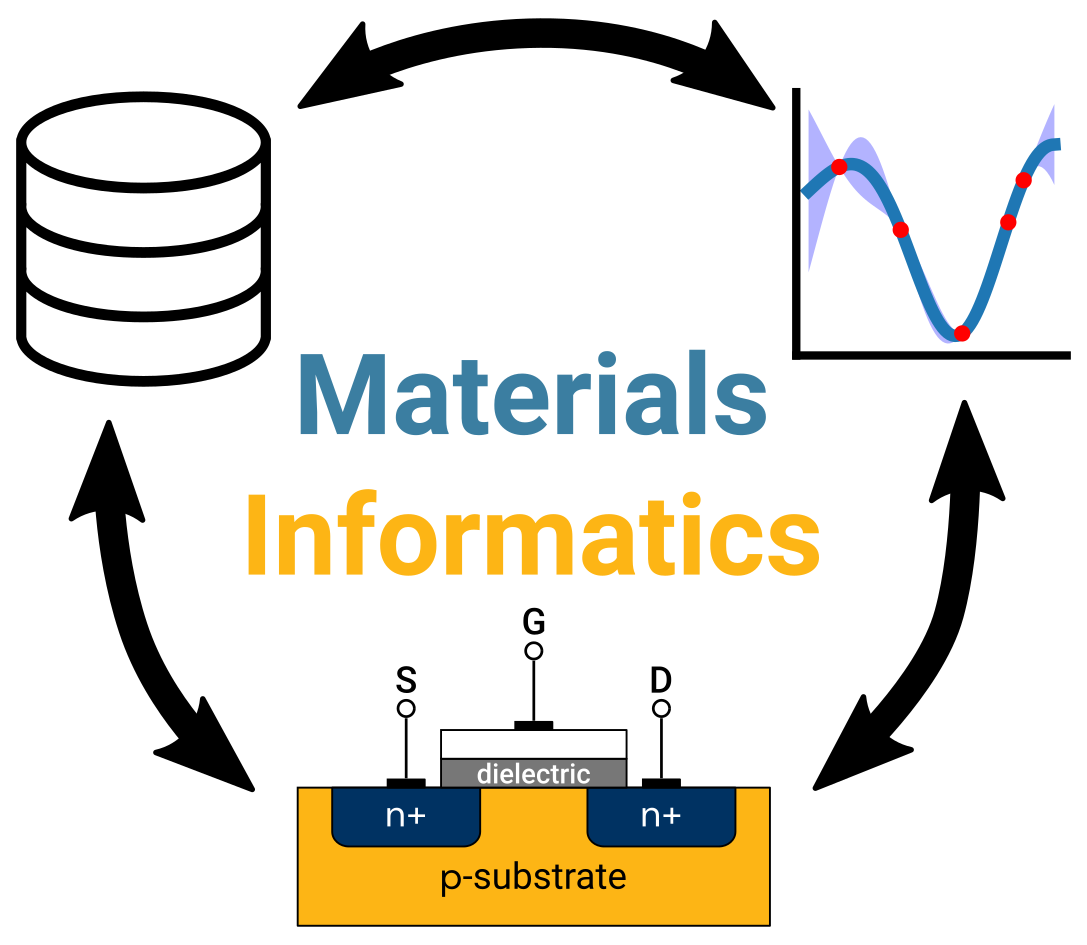Homework
Contents
Homework¶
Have a great weekend! 🌊
Video¶
We recommend watching this 50-minute seminar given by Dr. Julia Ling on some of challenges of machine learning in materials science. She was one of Enze’s mentors when they were both at Citrine. The presentation is well structured and has good examples.
Reading¶
Today’s reading consists of one paper, which is a review by Keith Butler et al. on the topic of machine learning in materials science [1], and arguably one of the best review papers in MI. - This is an advanced article with several challenging concepts, but we strongly recommend you read all of it. It’s OK if very little (or none) of it makes sense at the moment. The last section (Frontiers in machine learning) is less important for our purposes. - We recommend employing some of the techniques discussed in the Keshav paper to help get process this paper in multiple reads (no more than 2). - Please feel free to ask questions, look stuff up online, and we’ll also spend some time tomorrow dissecting it. - Protip: When looking up ML (or any technical) concepts, we recommend searching for “topic X intuition” or “topic X explained.”
Programming¶
No new programming assignments! We encourage you to work with your team to decide what data you will need and how to consolidate it in one place (e.g., a single table that you can save as a CSV file for repeated future use).
References¶
- 1
Keith T. Butler, Daniel W. Davies, Hugh Cartwright, Olexandr Isayev, and Aron Walsh. Machine learning for molecular and materials science. Nature, 559(7715):547, 2018. doi:10.1038/s41586-018-0337-2.
